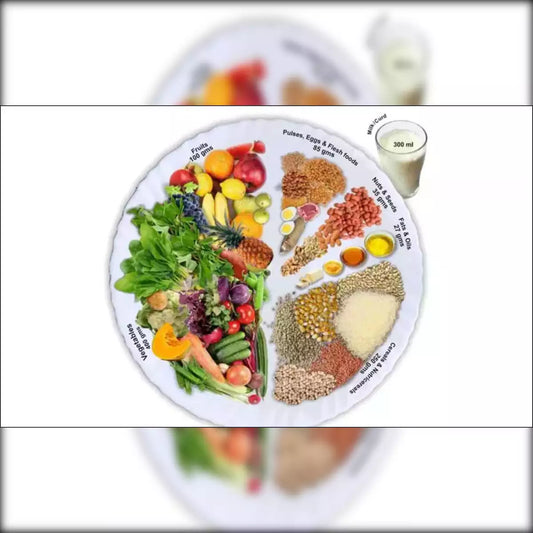The term ‘health drinks’ normally refers to the numerous powdered supplements that are added to milk and given to children, adults and / or the elderly. They come in many flavours, although chocolate flavour appears to be the most popular. The powdered products are usually taken in small quantities (5 to 10 g at a time) and once or twice a day.
These products contain macronutrients and micronutrients in varying quantities and make a minor contribution to the overall nutritional value of the daily diet. Most consumers who do not like the taste of milk, use such products to enhance taste and flavour. Children (above the age of 2), are in particular the target consumers for most powders with various claims on a myriad of benefits like improving health, strength, growth & development, immunity, muscle mass, mental activities, and so on.
Let’s look at the pros and cons of powdered supplements.
Pros –
- Milk acts as a vehicle for majority of these powders and therefore consumption of milk is enhanced. Milk is a good source of protein, calcium, riboflavin and other beneficial nutrients.
- The powders contain macronutrients – carbohydrates, protein and fat (especially monounsaturated and polyunsaturated fats) – along with several micronutrients like fat soluble vitamins, water soluble vitamins, minerals and trace elements. Some of them may contain fibre and beneficial bacteria too.
- A few products contain herbal ingredients which may benefit the consumer.
- Some products in this category claim to be without added white sugar, chemicals, artificial colours or artificial flavours.
Cons –
- Most of these powders contain sugar (30% to 50% of carbohydrates in the product is from sugar). A quick look at the list of ingredients on the product label will reveal that sugar is usually the second item listed, which means that its quantity is the second highest in the product.
- Sometimes, sugar is mentioned as sucrose or unrefined sugar in the list of ingredients, which the consumers might assume is healthier. Besides sugar, liquid glucose which is also a simple sugar is an added ingredient, thereby increasing the total amount of simple sugars in the product.
- They also contain colours and flavours like vanilla, strawberry, chocolate, and none of these add nutritional value.
- Additives like emulsifiers, raising agents, acidity regulators and others are used in the products, and these are not beneficial to health.
- Jaggery is used as a substitute for sugar in similar quantities as sugar. Although jaggery might seem better than sugar, the calorie value is similar to that of sugar.
The popularity of these powders marketed as health drinks are probably due to their flavours and sweetness. At the quantity in which they are normally consumed, the benefits are very small. The supplements are not substitutes for a balanced meal. It’s wise to seek the help of a qualified dietitian to understand whether or not such products are required for better health. Ultimately, the health and overall well-being of the individual is of paramount importance.
Sheela Krishnaswamy
Nutrition & Wellness Consultant
About the Author:
Sheela Krishnaswamy
Renowned Diet, Nutrition & Wellness Consultant with 40+ years of experience
Former IDA president











